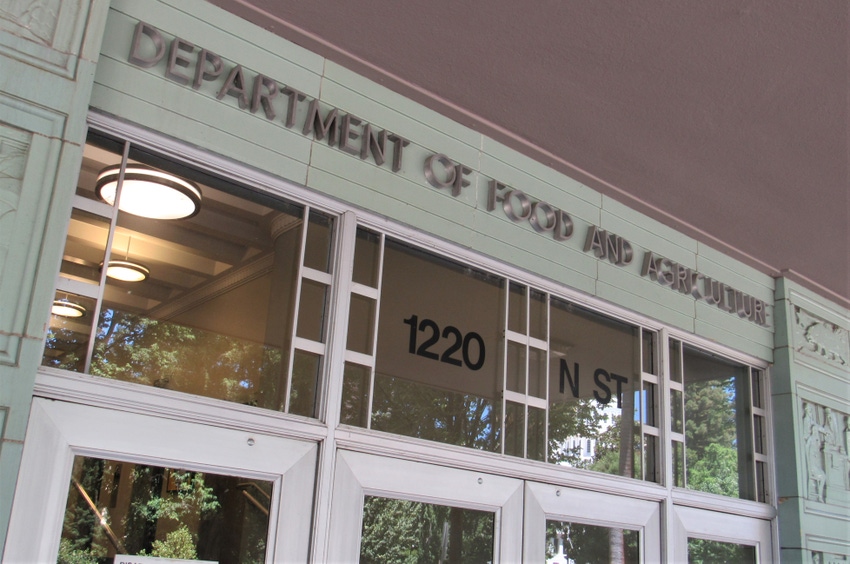December 6, 2019

The California Department of Food and Agriculture’s Office of Farm to Fork is currently accepting proposals from qualified entities to distribute California Nutrition Incentive Program (CNIP) incentives to shoppers utilizing benefits at Certified Farmers’ Markets, farm stands, and community supported agriculture programs throughout California.
CNIP is expanding to include the Farmers’ Market Nutrition Program for Women, Infants and Children (WIC) and the Senior Farmers’ Market Nutrition Program.
CNIP began in 2017. For every nutrition benefit dollar spent, the program offers eligible shoppers an additional incentive to spend on California-grown fruits and vegetables, within set parameters.
CDFA is now seeking project proposals. Projects that reach underserved populations will be prioritized. This is a competitive process.
Applications must be submitted by email to [email protected] no later than 5 p.m. PST, Friday, January 31, 2020.
Visit https://cafarmtofork.cdfa.ca.gov/cnip_2019Expansion.html for more information on the grant program, including the Request for Proposals, timeline and application criteria.
Fertilizer research program
Meanwhile, the CDFA's Fertilizer Research and Education Program (FREP) is now accepting proposals for the 2020 grant cycle. FREP’s competitive grant program funds research and education to advance the efficient use of fertilizer materials and reduce environmental impacts associated with them.
Two Requests for Proposals (RFPs) are being released for 2020:
1. The Regular RFP includes initiatives put forth by CDFA to help effectively manage agricultural fertilizers. Priorities include: technical education, demonstrating and/or validating management practices that optimize nutrient and irrigation management, addressing barriers to adoption of management practices, filling knowledge gaps in nitrogen management for specific crops, research on the role of organic input materials in soil nutrient management, and understanding and investigating mitigation strategies for nitrogen losses.
2. The Special RFP solicits research on nitrogen removal values for specific Central Coast crops for which there is no research basis for establishing nitrogen removal coefficients.
Applicants are invited to submit proposals to FREP by Friday, January 31, 2020. Two-page concept proposals are required for the Regular RFP. The Special RFP requires 15-page, full proposal submissions. Proposals should align with at least one of the identified priority research areas.
Further information on both of the 2020 FREP Requests for Proposals, including timelines, application criteria, priority research areas, and examples of successful proposals are available on the FREP Grant Program web page at: www.cdfa.ca.gov/is/ffldrs/frep/CompetitiveGrantProgram.html
All proposals will be reviewed by peer reviewers and the Fertilizer Inspection Advisory Board’s Technical Advisory Subcommittee (TASC). For the Regular RFP, concept proposals that are selected by the TASC will be invited for development into full project proposals. For the Special RFP, selected full proposals will be awarded.
Since 1990, FREP has funded more than 240 research projects, investing more than $20 million in research and outreach projects focusing on California’s important and environmentally sensitive cropping systems. A database of completed and ongoing research is available on the FREP Research web page at www.cdfa.ca.gov/go/FREPresearch.
For more information, send email inquiries to [email protected].
Source: California Department of Food and Agriculture, which is solely responsible for the information provided and is wholly owned by the source. Informa Business Media and all its subsidiaries are not responsible for any of the content contained in this information asset.
You May Also Like




